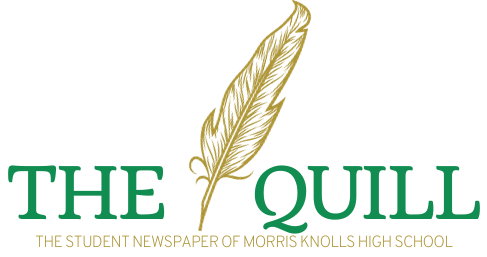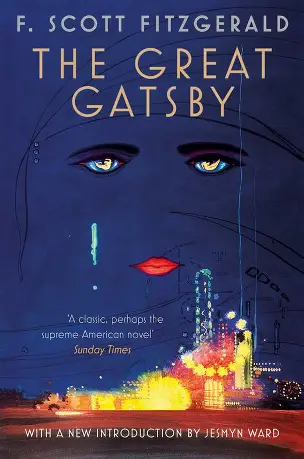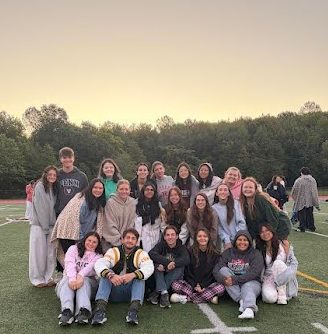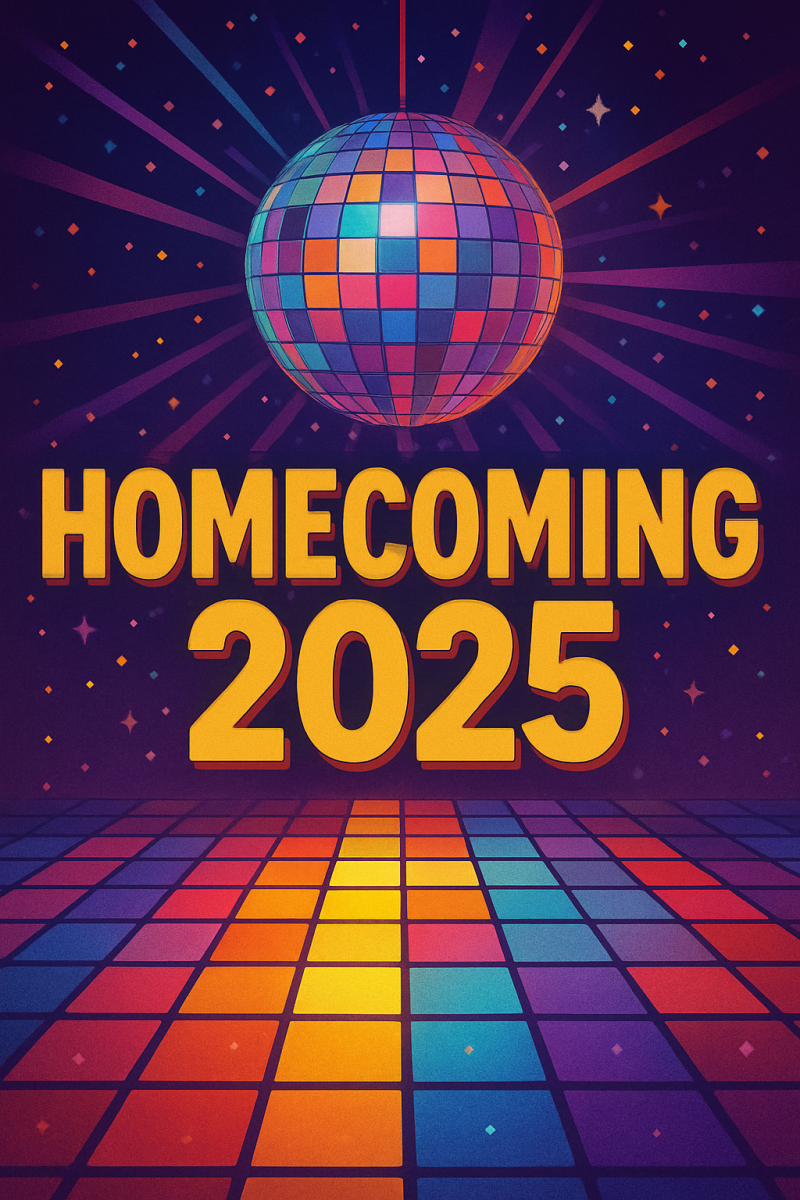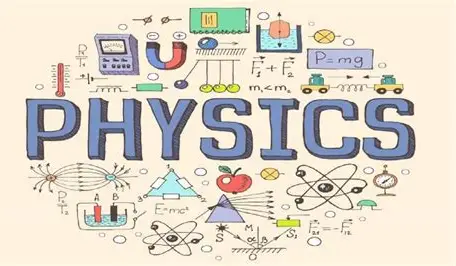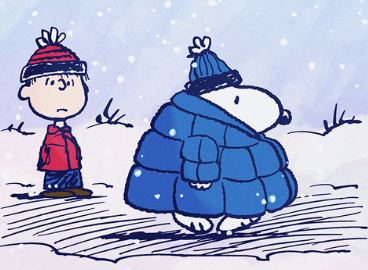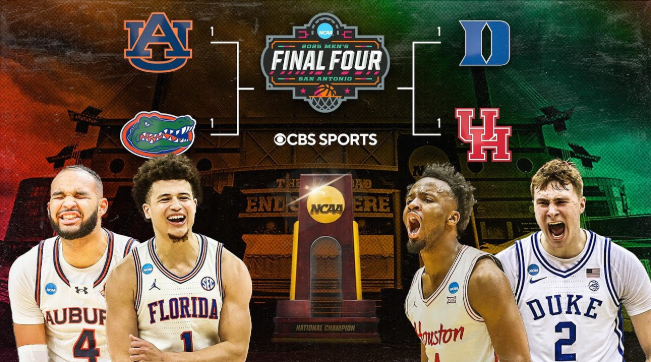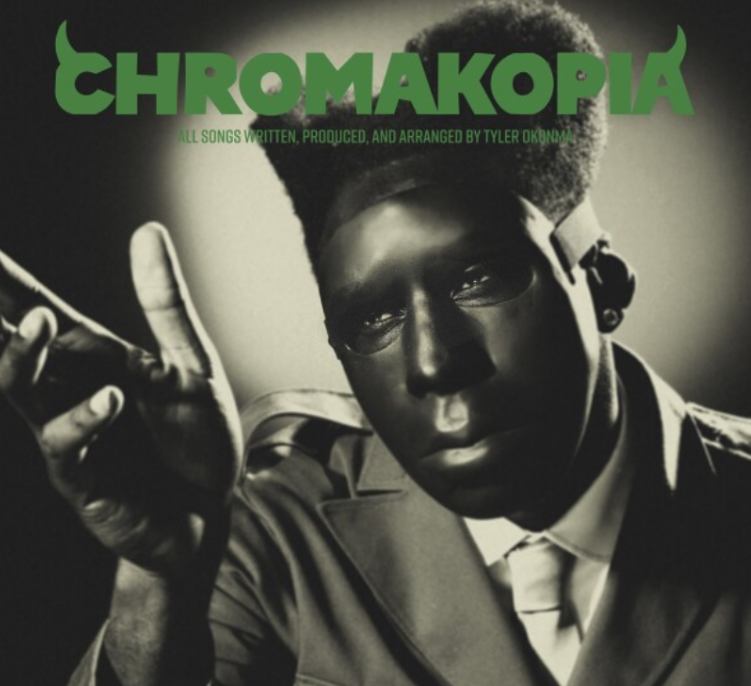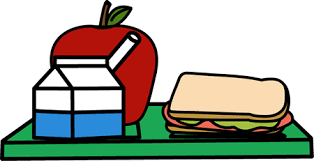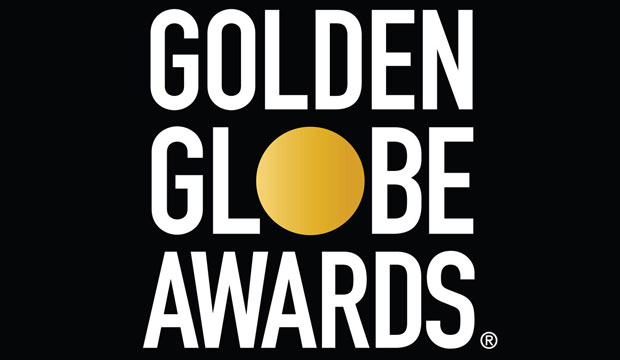April 10th, 2025, marks the 100 year anniversary of The Great Gatsby, a novel written by F. Scott Fitzgerald. Despite being written a century ago, the book is a top contender for The Great American Novel and has solidified its place in culture. People are often introduced to the book in high school as part of their English/American literature class, and young students can relate to the titular character’s romantic hope and dreams.
Gatsby is a character who almost seems admirable, with his ambition, love for Daisy, and the way he built himself up from nothing. However, many teenagers also do not care enough or do not have the capacity to understand the book, which stems from how teenagers are not yet mature and from how technology and America have created a shallow culture that does not care enough about learning or analysing because all information is right at our fingertips.
The narrator of the novel, Nick, believes that Gatsby’s dreams are not entirely delusional or wrong, but that it is society that prevents them from coming to fruition. However, many adults, upon reading or rereading the book, see Gatsby as immature. One of the main themes of the book is holding on to the past, which Gatsby all but embraces. But as an adult, you change and you grow. Your dreams change, your ideas change, and it is important to embrace that change instead of fearing it. This is one of Gatsby’s tragic flaws, as, to quote directly from the book, Gatsby had “…invented just the sort of Jay Gatsby that a seventeen-year-old boy would be likely to invent, and to this conception he was faithful to the end.” (Fitzgerald 98)
The Great Gatsby is a book about many things: class, gender, idealism, expectations, morality, racism, the past, but perhaps it is most famous for something that combines all of these ideas: The American Dream.
What is the American Dream?
The American Dream was a term coined and popularised by James Truslow Adams in 1931 following the Great Depression; however, its ideals date back to the founding of America. The Oxford Dictionary defines the American Dream as “the belief that America offers the opportunity to everyone of a good and successful life achieved through hard work.”
However, history tells us that this is not entirely true, as women, non-white people, non-Christian people, poor people, immigrants, and disabled people used to face a lot more discrimination that barred them from success. Even in modern America, social, cultural, and economic circumstances still create barriers that cannot be overcome unless great systemic and cultural change occurs. Sure, if everyone started at the same place with the same circumstances, they could theoretically achieve the American Dream. Yet, not all people start at the same place, and denying this as a part of America today just makes this issue worse.
What does it mean in The Great Gatsby?
Jay Gatsby was a character who represented and encompassed the American Dream in all its might. He was a poor kid from the Midwest who had built himself up from nothing. This classic rags-to-riches story is inspiring, especially to young people; however, upon further examination by both the audience and Nick, it begins to unravel in front of us.
Gatsby attained his vast wealth not through a breakthrough invention, not through a respectable job, but through illegal means: mainly bootlegging alcohol. (At the time of the novel and Fitzgerald’s life, alcohol was illegal because of Prohibition). This exposes Gatsby’s moral corruption, how he had no qualms with these illegal practices if it meant it made him money. The end justifies the means, if you will.
Gatsby also wants to attain wealth just to chase a shadow of his youth, his past lover, Daisy. His love, his obsession with her, compelled him to try to get on her level. Daisy was born into a life of wealth, unlike Gatsby, and after kissing her once, he felt entitled to her love, so he decided he needed to become rich to be worthy of Daisy. He was chasing the American Dream, and once he achieved it, only then was Daisy interested in him, reflecting her shallowness as part of the rich.
At the end, Gatsby does not get to keep Daisy. He ends up being shot, and no one but Nick attends his funeral, showing the superficial relationships in the book. The American Dream in The Great Gatsby is all about ambition, yet it proves unattainable. It is corrupted and superficial, much like how Fitzgerald viewed the rich and the Roaring Twenties. Gatsby represented all the glory and tragedy of the American Dream, so at the end, there was nothing left for him except to die.
What does it mean today?
Is the American Dream really dead as Fitzgerald believes? As mentioned before, America is still careless. There are still huge class differences in American society, even if people try to downplay or outright deny it. No matter how much we try to run from the past, we always look behind us. In short, many believe the American Dream has failed us.
But back to the question of this very article, why does The Great Gatsby remain relevant to today?
A lot of people find the plot boring, its characters unengaging, and the prose lackluster. That is initially what I thought of it at first, kind of. All the characters are unlikeable to a degree, their morality is very questionable, they are murderers and gamblers and cheaters. There is no grand adventure, no happy ending, no moral punishment for the bad characters, nothing extraordinary that attracts people to books nowadays. Though the book had several aspects considered “new and exciting” at the time of its publication, it can feel stale compared to books today. However, books like The Great Gatsby are less about entertainment and more about provoking thought and analysis, and once you embrace this, you can truly get a kick out of its themes and prose. These kinds of books are just as important as ones meant to entertain.
Was Fitzgerald some kind of prophet who knew that the themes of carelessness, class, and the American Dream, etc., conveyed in his novel, though redressed and rebranded as different generations grow into them, would remain relevant to this day? It is highly unlikely. Fitzgerald wrote his opinions on society being a young adult during the 1920s. He had no idea this book would be so successful, and in fact, in his lifetime, it was not at all, only gaining traction after WWII. He presented the dark side of the American Dream shamelessly, and the book can give us insight into our own ambitions and how we want others to perceive us.
The ‘20s were a time of social and cultural change, sexual freedom, prosperity, and a feeling of optimism for the future, especially in America. However, Fitzgerald saw the moral corruption that hid underneath its promiscuous flappers, glitzy parties, and cultural change, especially regarding Prohibition. It is one of the main literary devices used in The Great Gatsby to convey the superficiality of the ‘20s and the upper class.
A handful of modern critics, both scholarly and ordinary, find that the book is outdated and should not be part of required (American) high school reading. Kathryn Schulz, an American journalist and author, calls the book “aesthetically overrated, psychologically vacant, and morally complacent”. But that is kind of the point. The characters are supposed to be empty and immoral, reflecting Fitzgerald’s view of the psychological vacancy and moral corruption of the Roaring 20s. The book’s themes and message are not outdated, even if it is shameful to admit how American society seems not to have changed, only rebranded. America still holds on to the grandeur of the past; there are still class differences, and social media is a great example of modern carelessness. Love and wealth are timeless ideals, especially to Western culture.
Perhaps this is all a self-fulfilling prophecy in sorts. We believe that The Great Gatsby is a masterpiece of American literature, so we teach it in schools and we rigorously analyse it, leading to its persistence in both education and culture, which reaffirms its reputation. The Great Gatsby is a book about clinging deeply to the past, and here we are clinging to this century-old book, teaching it in schools and beating its themes over the heads of students.
At the end of the day, it can come down to preference in books, and no amount of literary analysis or being “a masterpiece of American literature” can really change that. Scholars, teachers, and ordinary people all rightfully hail the book as a literary masterpiece, while you may find it empty and boring. Not every book leaves an impact on every individual, yet those who say it is no longer relevant deny its influence in both literature and American culture.
Sources:
“The-American-Dream Noun – Definition, Pictures, Pronunciation and Usage Notes | Oxford Advanced Learner’s Dictionary at OxfordLearnersDictionaries.com.” Oxfordlearnersdictionaries.com, 2019, www.oxfordlearnersdictionaries.com/definition/english/the-american-dream. Accessed 29 Apr. 2025.
Machcinski, Kathryn. EngagedScholarship@CSU Civilization Is Going to Pieces: Crime, Morality, and Their Role in the Great Gatsby. 2013. Accessed 7 May 2025.
Schulz, Kathryn. “Why I Despise The Great Gatsby”. Vulture.com. 06 May 2013.
Website. 03 Jun 2013. Accessed 7 May 2025.
